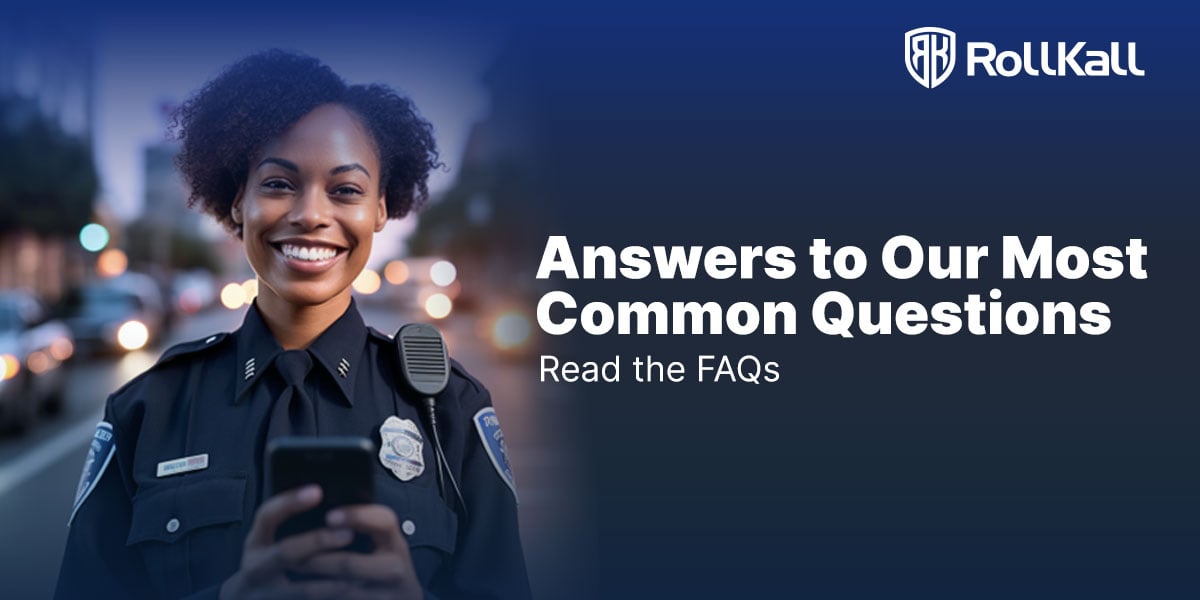Download the free guide
Aenean eu leo quam. Pellentesque ornare sem lacinia quam venenatis.
September 2 2021
How officers are paid for off-duty work affects incident liability and insurance coverage

While agency insurance for on-duty activities is pretty cut and dry, liability and insurance in the event of an off-duty incident can get complicated. The way your officers are paid for off-duty work can affect whether they are protected and where the liability falls: either with the agency or the business being served. Do you know the differences and how to mitigate the risk?
There are typically three ways an officer is paid for off-duty work: directly by the business as independent contractors in a 1099 capacity, through department payroll through their W2, or a combination of the two.
When off-duty officers are strictly independent contractors
Many departments keep off-duty programs completely separate from on-duty activities and, as such, off their payroll. In this instance, officers are considered independent contractors and are working in a 1099 capacity. Incidences that occur while the officer is working an off-duty job can leave a question as to where the liability rests. Is it with the department? With the business? If the officer is hurt are they out of luck?
In this situation, don’t you want your officers to be protected? In most situations, officers do not have access to workers’ comp or occupational accident insurance during off-duty jobs. Supplemental insurance for off-duty work is highly recommended to cover any incurred liability.
When all off-duty is run through the department’s payroll
When an agency’s entire off-duty program is run through payroll, off-duty liability is the same as on-duty liability. In other words, it hits the agency’s insurance policy. In this scenario, officers and agencies are covered in the event of an off-duty incident.
However, an active off-duty program greatly broadens the scope of police work, and, as such, increases the potential liability. Utilizing an off-duty service or platform that offers robust insurance options can act as the first line of defense to prevent a claim from hitting the department’s policy.
When off-duty jobs are paid a combination of ways
Some departments will run some off-duty work through payroll, like when the city requests extra-duty officers at a city event (such as a public parade). The liability in these scenarios falls to the city and/or the department’s insurance policy.
Other off-duty jobs, like filling requests from businesses for elevated security, are paid via 1099. The 1099 jobs have the same potential complications regarding liability and supplemental insurance is highly recommended. As an added bonus, supplemental insurance can be used on jobs that are run through payroll, preventing a claim from hitting the department’s policy.
Protection on all fronts
It’s important to make sure officers, agencies, and the businesses they serve are all covered in the event of an off-duty job incident. Supplemental insurance for off-duty services can help a law enforcement agency mitigate the risk of officers by providing coverage and preventing a claim from hitting the agency’s policy.
Get the latest content delivered straight to your inbox!
Related Posts


Want more information about RollKall? Let us know a bit about you, and we’ll get back to you as soon as possible with more information and next steps!











